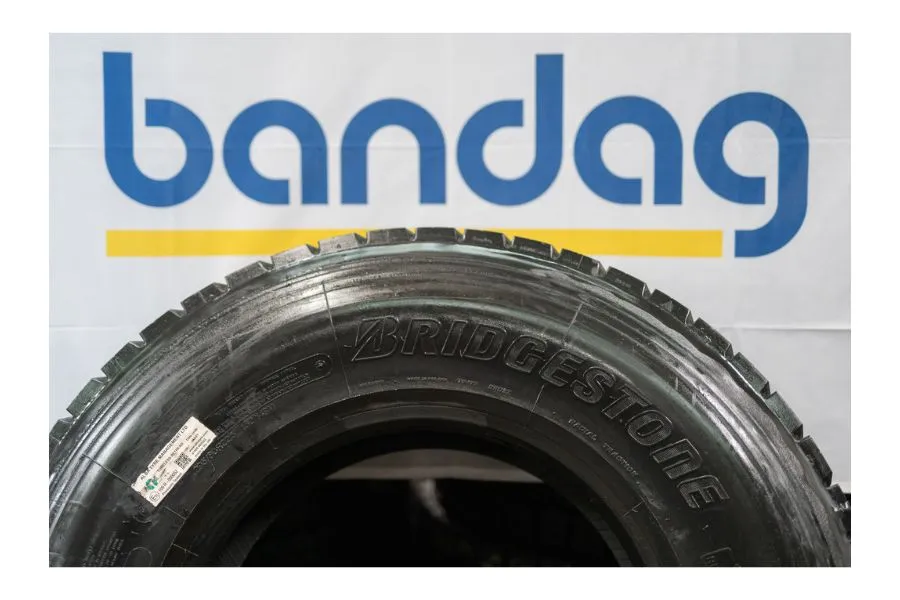Continental and Fenadismer published the third edition of the Study on the Current Situation of Road Transport, presented today in Madrid.
The Third Study by Continental and Fenadismer
More than half of the Spanish transport operators said safety is one of the main concerns for them, with 52% of them stating they have been victims of a theft, either of the vehicle itself or the goods, in the last five years. The third edition of the study, which analyses the answers of more than 750 participating transport operators, also points to strong dissatisfaction with the introduction of 44-tonne trucks and the digital skills gap affecting the sector ahead of upcoming regulatory changes.
The study pointed out the safety concerns worsening in the past year. Not only have more than half of the professionals suffered theft, but cargo theft has risen by eight percentage points compared with 2024. In addition, 6% report having suffered physical aggression, up two points from last year.
Concerns about finding new drivers still exists, with respondents identifying improving working conditions (65%), lowering the retirement age for drivers to 60 (62%) and improving work–life balance (52%) as the most effective measures— the latter showing the largest increase since 2024.
Regulations
Participants see the imminent regulation allowing an increase in maximum truck weight to 44 tonnes even more negatively than last year. The proportion of transport operators who believe the measure will drive more operators out of business has risen to 44% (up from 31% in 2024). The main concern is the belief—shared by 79%—that they will be unable to pass the impact of increased load capacity onto customer tariffs.
Regarding the 2022 ban on drivers performing loading and unloading tasks, only 29% say the regulation is “mostly ignored.” Meanwhile, two out of three drivers report waiting between 1 and 3 hours at logistics centres or loading docks.
Digital Gap
The Continental and Fenadismer study highlights a significant digital gap ahead of new regulatory requirements. With electronic invoicing set to become mandatory in a few months, almost 70% of hauliers say they are “little or not at all prepared.” A similar scenario applies to mandatory digital transport documentation, due in October next year, where only 17% feel prepared.
Lack of awareness extends to key tools such as VECTO, the European Commission’s CO₂ emissions calculation tool, which remains unknown to 69% of respondents. Overall, 35% still do not know the digital tools available, and 66% say digitalisation is the area in which they would most like further training.
Tyre and Vehicle Prices
Tyres are considered an important safety component by 98% of hauliers, with tread depth (83%) and pressure (78%) viewed as the most critical factors. Some 57% support the introduction of a mandatory minimum tread depth.
When choosing a new vehicle, where diesel remains the preferred powertrain for 93, the importance of value for money has risen sharply to 58%, compared with 21% in 2023.
Antonio Sangüesa, Head of Fleet Solutions and Services at Continental, stated :“This study shows us, once again, that listening to the sector is essential. The data on safety and the lack of digital preparedness are a wake-up call for all actors involved. At Continental, our commitment is to remain at their side, not only with tyres and cutting-edge technology that improve safety and efficiency, but also by offering the advice and tools necessary for them to successfully navigate this complex regulatory scenario.”
Juan José Gil, Secretary General of Fenadismer, stated:“The results are compelling and reflect an unsustainable reality. We cannot allow the insecurity faced by transport operators in their daily work to become normalised in an activity that is essential for the economy. Moreover, imposing changes such as the 44 tonnes without guaranteeing fair remuneration puts at risk the survival of thousands of small and medium-sized companies. The authorities must take note and act realistically and with consensus.”








